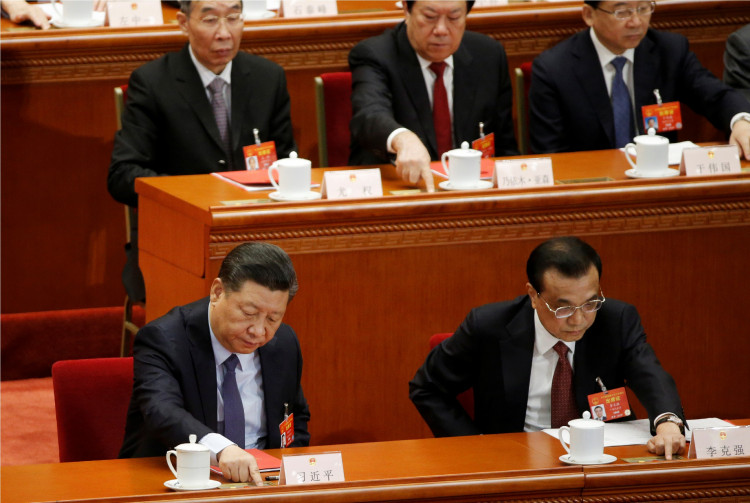China's influence in Latin America and the Caribbean is expanding as shown by the increasing number of investments of Chinese firms in the region. According to reports, a Hong Kong-based company spent $3 billion to develop and expand a deep-water container port in the Grand Bahama Island.
The expansion of the Panama Canal increased the benefits of the Chinese and Bahamian backers of the Freeport Container Port. The port also boosts the trade between China and the regions. China and Latin America and the Caribbean were on financial ties for more than two decades. The United States, however, scrutinized the economic ties between the two parties saying that Chinese investments will place the region into a "debt trap". The United States used the situation of Sri Lanka in 2017 after the South Asian nation lagged in debt payments after China financed its port project in Hambantota causing it to fall short of its economic expectations. The port was leased to a Chinese firm for 99 years after the failed payment. The failed investment of Sri Lanka allowed China to control a major shipping and naval sea-lane in the Indian Ocean wherein critics claim is a strategic spot to potentially project military power.
As the trade war between the two nations continues, China continued to attract nations for Chinese investments. According to Marco Rubio, a Florida Republican senator known as a critic of the Asian country and the leader of the Senate Foreign Relations subcommittee on the Western Hemisphere, he is very concerned about China's efforts to extend its influence into Latin American and the Caribbean, particularly as it concerns gaining access to strategic assets such as ports. He added that the United States must do more to warn off its regional partners from doing business with Beijing.
The United States is the biggest rival of China in global influence specifically in economic and military dominance. The western nation criticized China on its aim of rebuilding the "silk road", known as the Belt and Road Initiative, which aims to connect Asia, Africa, and the European continent through trade and economic ties. China promotes the initiative by financing infrastructure projects that include the construction of roads, train circuits, ports, and many others. The initiative faced criticisms from other nations headed by the United States. Most nations in Asia accept China's investments. Europe is divided into accepting China's influence. On Sunday, Chinese President Xi Jinping visited Monaco and France to discuss economic collaborations through the initiative.





